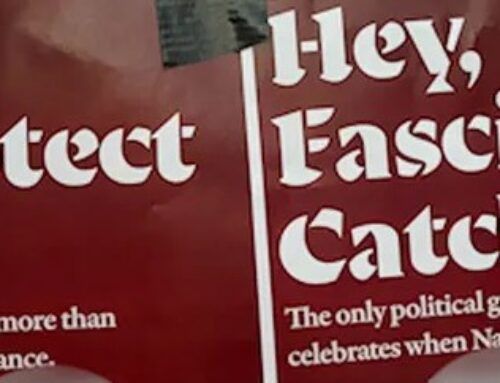“A nation that does not honor its heroes will not long endure.” — Abraham Lincoln
Memorial Day has its (often disputed) history dating back to the Civil War. Originally referred to as Decoration Day, began as day to decorate the graves of fallen soldiers with flowers. The first recorded instance as an organized effort is said to have been in Virginia in 1861 for the funeral of the first soldier to die in battle during the Civil War, John Quincy Marr.
The practice became more prominent in many Southern states immediately at wars end, and by the 1870’s was becoming common in many Northern States. To this day, most of those States are still trying to claim credit for “inventing” it, while many Southern Sates are claiming they stole it.
Mary Ann Williams, a veterans advocate during and after the war, is credited as the first person to advocate the practice nationally.
In 1868, John A. Logan, a Civil War General who was a veteran of Vicksburg, as well as a dozen other Civil War engagements, was at that time Commander and Chief of the Grand Army of the Republic. He declared May 30th as Decoration Day – and died shortly after. Logan left behind a son who later earned the Congressional Medal of Honor in the Philippines.
After Logan’s declaration, multiple states began adopting it as a state holiday, often merging other celebrations and veteran recognition events into the single day.
The term Memorial Day was first coined in 1882 but didn’t become popular until after WW2. It wasn’t until 1967 that the name was officially codified into federal law.
In 1968, Congress passed the Uniform Monday Holiday Act changing Memorial Day from May 30 to the last Monday of May, where it has remained ever since.
Memorial Day is specifically a day to remember those, and only those, who fell in battle. Veterans Day is for those who served; Armed Forces Day is for those on active duty.
Memorial Day is for those who gave the ultimate sacrifice!
Few Americans understand what the day represents. Backyard bar-b-ques, alcohol consumption, and the Indy 500 tend to overshadow.
Monday, let’s all take a moment to reflect on the true meaning of Memorial Day and recognize those who died so we may live.
Tuesday, we should commit to living a life worthy of their sacrifice.
“It is foolish and wrong to mourn the men who died. Rather, we should thank God that such men lived.” — Gen. George S. Patton





